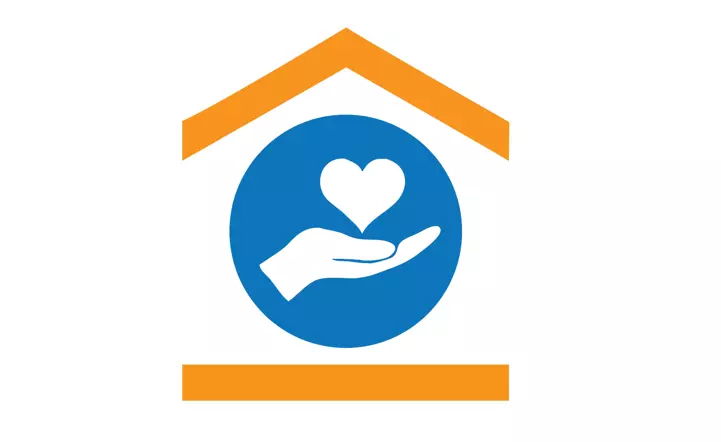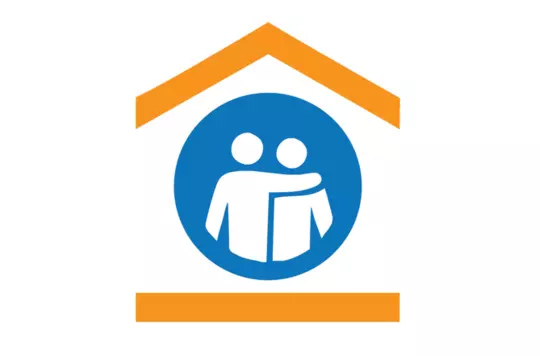God longs for justice and reconciliation for all people. The Salvation Army has a historical and theological remit to address issues of social justice. William and Catherine Booth grew up in Victorian England, at a time when life was very difficult for many. People were unable to pay for medical treatment that they needed, children as young as eight were forced to work long hours, and people were paid little or nothing for their work. It was hard for anyone to see a way out of poverty. Yet at the same time, the richer were getting richer. It seemed it was a world full of injustice. A critical part of the formation of The Salvation Army was the desire to unite to fight against the evils in the world.
As The Salvation Army grew, so did its practical responses for those living in poverty. Cheap food stores were set up, shelters for people who were homeless and cheap breakfasts for children who needed food. Members of The Salvation Army would visit the elderly and sick in their homes.
In the 1880’s match factories were paying very low wages, not giving workers breaks and using dangerous chemicals that caused disease and death among workers. William Booth saw an opportunity for systemic change. In response to the issue, in 1891 Booth set up a match factory himself addressing all of the above issues. He campaigned the government to change laws, and urged shopkeepers to buy only ethically produced matches. The result was that all other match factories were forced to change their formulas and improve their conditions.
We celebrate the early achievements of The Salvation Army and are thankful to God in the knowledge that significant transformation occurs because of God. We are co-workers with God, who himself chooses to work first in us and then through us, to bring about his Kingdom on earth.
We see in the following verses that we do not need to accept injustice; instead we are called to seek change and work with God to bring justice and healing:
‘Is not this the kind of fasting I have chosen: to loose the chains of injustice and untie the cords of the yoke, to set the oppressed free and break every yoke?
‘Is it not to share your food with the hungry and to provide the poor wanderer with shelter – when you see the naked, to clothe them, and not to turn away from your own flesh and blood?
‘Then your light will break forth like the dawn, and your healing will quickly appear; then your righteousness will go before you, and the glory of the Lord will be your rear guard.’
(Isaiah 58:6-8)
‘What good is it … if someone claims to have faith but has no deeds? … faith by itself, if it is not accompanied by action, is dead.’
(James 2:14,17)
‘And what does the Lord require of you? To act justly and to love mercy and to walk humbly with your God.’
(Micah 6:8)
Seeking justice and reconciliation however is a huge topic, so overwhelming that it can be paralysing. Everyone has different justice issues burned on their hearts, and this is important to recognise if we are to cover them all. God holds the bigger picture.
As we respond to the call to ‘seek justice’, challenge yourself to find the justice issue that calls you and let yourself be pulled towards this by God.
Reconciliation allows us to respond to these injustices. It calls us to:
- Acknowledge the issue and the harm that’s caused
- Love without discrimination
- Love our neighbours
- Repair relationships and seek forgiveness
- Repair unfair and broken systems
- Be peacemakers
- Change behaviours
- Engage in dialogue that allows for open and honest conversations, to understand each other
- Practice empathy so that we can try to understand and share the feelings of the person or people experiencing injustice.
REFLECTION
These verses will help to reassure us that we have the resources we need for seeking justice and reconciliation.
‘The Lord said to him, “What is that in your hand?”’
(Exodus 4:2)
‘Elisha replied … “What do you have in your house?”’
(2 Kings 4:2)
Both verses are examples of how God has already given us the resources we need, as well as resources for those we would like to come alongside to support. Let our eyes be open to these resources and our hearts and minds actioned to use them.
We don’t need to be overwhelmed by the huge task. We do what we can in an area that we feel strongly about in the sure and certain knowledge that God is with us.
As we watch the video of the Pat Barrett song ‘Act justly, love mercy, walk humbly’, we pray that God will help you discern just how he wants you to engage with his justice agenda.







